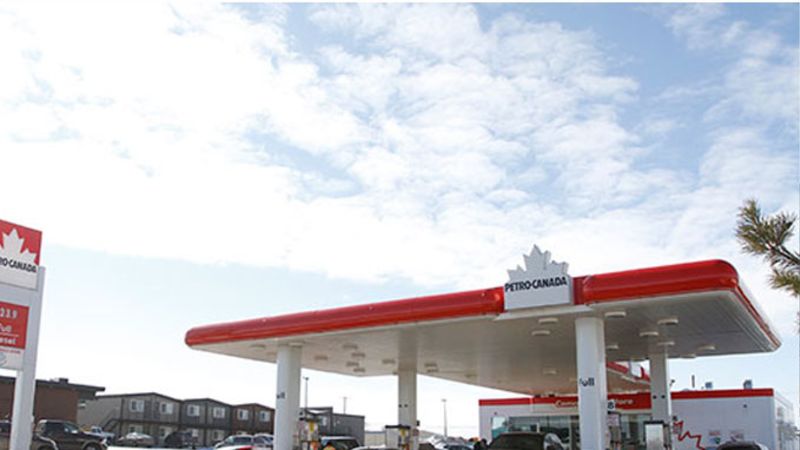
‘There’s gonna be problems’: Trade war another roadblock for Sask outfitters
One northern Saskatchewan outfitter said their phones stopped ringing when the trade war between the United States and Canada began.
Another said they had an American client back out of a guided trip because they felt ‘uncomfortable’ coming into Canada.
And yet another paNOW spoke to said their bear hunts which are usually fully booked by Americans this time of year are sitting empty.
Outfitters like John Prosak are worried about the future of their industry, saying there seems to be roadblocks wherever they go.


